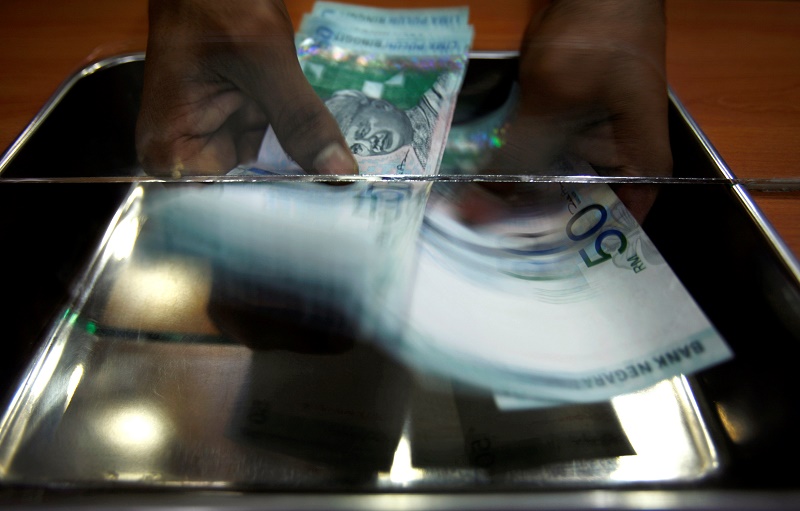KUALA LUMPUR, Jan 28 — Economists have warned against Tun Dr Mahathir Mohamad’s plan to abolish the Goods and Services Tax in the event Pakatan Harapan wins federal power, saying such a move would paint Malaysia as regressing on needed fiscal reforms.
Firdaos Rosli, a fellow of Economics at the Institute of Strategic International Studies (ISIS) Malaysia, went as far as saying it was “preposterous” to entertain the idea of abolishing the GST when the Budget deficit was again widening.
“I don’t think anyone in their right mind would want to do that. Maybe we should ask him (Dr Mahathir) what is he going to do with the economy when you are short by RM40 billion in revenue?” Firdaus told Malay Mail Online.
The consumption tax was among the measures that ratings firms had pressed Malaysia to adopt in order to diversify its revenue stream that had once been heavily dependent on petroleum income.
Although unpopular, the move proved fortuitous when oil price collapsed in 2014. Prime Minister Datuk Seri Najib Razak went on to say that the GST helped stave off a possible economic collapse in the country.
“Having a robust indirect tax system such as the GST also means that the economy is not going to suffer badly when there is a shortfall in direct tax such as corporate tax and income tax during an economic crisis. Kind of like a buffer,” Firdaos said.
Asian Development Bank’s (ADB) Dr Jayant Menon held similar views against repealing the consumption tax, saying it would be detrimental to the government’s efforts to control its fiscal deficit.
Putrajaya is working to reduce its chronic overspending and aimed to cut the deficit to 3.1 per cent at the end of last year. The faltering global economy and a drop in commodities prices stymied this, and briefly caused the deficit to widen to 5.6 per cent in the first half of 2016.
According to Jayant, a leading economist on trade and regional cooperation with ADB, there were also superior alternatives to repealing the GST.
“A better move would be to aggressively pursue divestment of government linked corporations, which are a significant drain on fiscal resources,” he said.
“Such a move would also improve the investment climate, and reduce the ‘crowding-out’ of private investment. This would add to economic growth, and therefore tax revenues, while reducing often wasteful expenditures on GLCs.”
A third economist, Dr Yeah Kim Leng, said any plan to remove the GST must be accompanied by options to replace the revenue that would be loss or reduce spending by a commensurate amount.
Putrajaya collected over RM40 billion in revenue from the GST last year.
The professor of Economics at Sunway University Business School said a better plan would be to keep the tax, but with a lower quantum.
“Given that such a tax system had been adopted in most countries, a better option is to maintain it and lower the GST rate.
“This will enable the government of the day to fund development spending that benefits the people while lowering the tax burden,” Yeah explained.
Earlier this month at Parti Pribumi Bersatu Malaysia’s launch, Dr Mahathir said the federal opposition will gradually repeal the controversial GST and replace it with a sales tax if it is elected into power.
Last year, the Organisation for Economic Co-operation and Development (OECD) concluded in a report that Malaysia, among others, has significant room to increase taxes such as the GST.
The report found that Malaysia’s tax-to-GDP ratio was just 15.9 per cent, and that corporations were now bearing the majority of the tax burden.



















